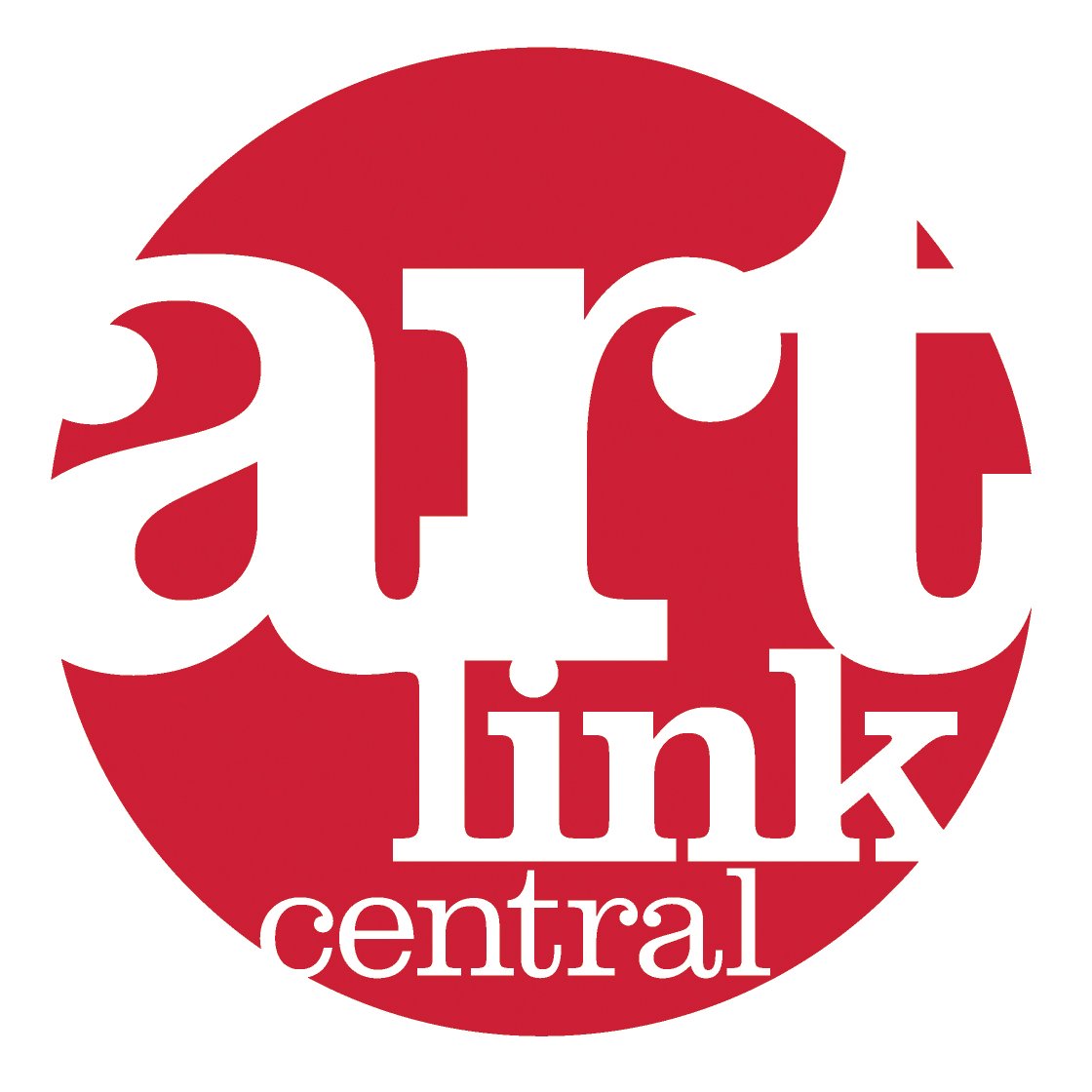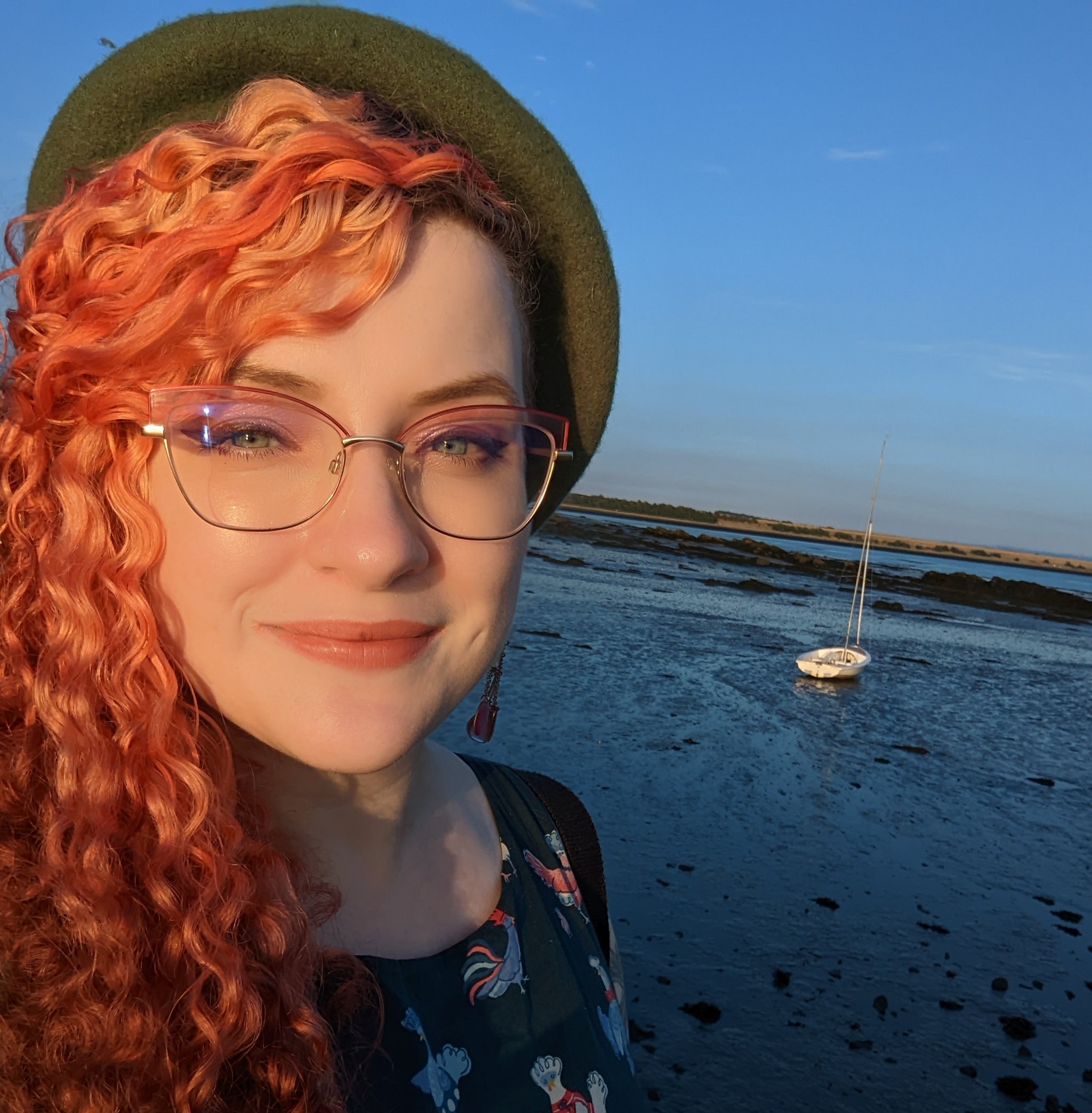Creative Workshops for student Nurses
Written by Catherine Watson. Catherine is a Psychology (Conversion) MSC student at the University of Stirling, undertaking her working placement with Artlink Central.
Hello there,
If you’re reading this, chances are you’re interested about the Creative Workshops for student Nurses. Awesome! This is the first in (hopefully) many posts about this project, and how it’s coming along. Forewarning, this post will be quite long due to all the information in it, but future posts will be shorter and provided on a weekly basis.
These workshops are being provided at the University of Stirling in the Wellbeing Suite. Each workshop will have a different theme per week.
April 25th (Tuesday) 13:00 – 15:00: Creative Writing.
May 2nd (Tuesday) 10:00 – 12:00: Photography.
May 10th (Wednesday) 12:00 – 14:00: Collage.
May 18th (Thursday) 11:00 – 13:00: Painting with artist and illustrator Orla Stevens..
May 26th (Friday) 12:00 – 14:00: Drawing.
These workshops look to explore and inform activities that will eventually be published into a self-led resource pack, both for student Nurses and for workers across NHS Forth Valley.
So now that the what and when’s are out of the way, I’ll get into a bit about why this is happening, both technically, and personally.
I’m currently undertaking my Masters course in Psychology; this is a conversion course I undertook after completing my second Undergraduate Honours degree in Mental Health Nursing (the first degree was in a Combined Honours in Professional and Creative Writing and Journalism, surprisingly more relevant than you’d think!). As part of my current degree, we’re required to do a 200-hour placement in an area of our choice, as long as it’s relevant to Psychology. I chose to do my placement with Artlink Central, an organisation that “brings artists together with people experiencing exclusion, disability or disadvantage.”. Their mission and artistic vision are “to explore the creative potential of socially engaged arts practice in public and sited spaces”.
I’d seen some of their exhibitions in passing during my time as a Student Nurse. I also knew from my Nursing experience how impactful the use of expressive arts and artistic inclusion in clinical settings could be for people. Evidence based research also backs up these experiences, showing tremendous validity in the use of creativity for healing, and for improving understanding of non-verbal communication, appreciation of holistic interventions, and overall reflective practice.
During the initial COVID-19 lockdowns, student Nurses were given the option to continue with our on-site clinical placements (in which we need 2300 hours to qualify, in addition to academic engagement). These clinical placements can vary wildly in location, client group, and specialism. My placement was based in Forth Valley Royal Hospital, which is currently home to several exhibitions from Artlink Central. One of the exhibitions that was in the hospital during my clinical placement was “HEROES HERE AND NOW: Caring through Covid” by artist Karen Strang. Her works is phenomenal, creating a piece a day of “Covid heroes” who were nominated by their family, friends, or colleagues. The project continuously evolved, initially focused on NHS workers, and then incorporating other key workers such as carers and essential retail workers. I thought this was beautiful, and really helped humanise the collective of people on the front line during the most terrifying times of the pandemic. But I didn’t feel right about including myself with these people. I did the same as many healthcare worker during this time, donning layers of PPE, taking rigorous LFT and PCR tests, avoiding all non-essential contact to protect those I loved and cared for. But I wasn’t the same, I wasn’t quite a key worker, I wasn’t quite a civilian.
As a student Nurse, we are students first, except when we are not. We will be away from the University for weeks or months on end in clinical placement. Our bursaries (which we thankfully receive in Scotland) are not the same. We cannot engage with the typical “student” lifestyle, we do not have the consistency or time to join a society, or volunteer, or attend themed student events. Support and services available at the University can often slip under the radar because we’re simply in a different sphere.
We are “supernumerary” when in placement (additional, extra, exceeding the usual or needed number), but we are still there, still working with people as we learn. When in placement, we’re in it full time, often times trying to fit it around our jobs, our childcare, our personal lives. But we are not qualified for 3 or 4 years of this. Sometimes, in some areas, we do not even have a name – merely “the student”.
We’re effectively neither a student, nor a nurse, yet somehow at the same time, we are both. And if this sounds confusing and waffly and a bit contradictory, it’s absolutely because it is! Unless you’ve been through it, you don’t fully understand where we’re coming from – or at least, where I’m coming from. And part of this project comes from a sincere hope to change that, to break some of the confusion and create a narrative of understanding and inclusion.
What does this even have to do with any of this? Well, like many, student Nurses were not immune to symptoms of burnout during COVID-19 lockdowns, or even before 2020. Working in healthcare particularly can put people of risk of giving too much, of feeling fatigued by the constant stream of compassion that pours out from you day after day. Sometimes, we’re left with none for ourselves, and this feeling can be isolating and indescribable. We’re encouraged to engage with reflective practice to identify areas of improvement in our development in the profession, but also to identify potential risk factors within ourselves for things like burnout. However, sometimes, thinking of the words to start the reflective process can be overwhelming and feel hopeless.
So I thought, with all these things combined, how can I use this placement experience with this incredible organisation to build on my passion and love for student Nurses and healthcare, whilst also incorporating creative practices? And here we are!
What was once a passing dream, a nice thought of something I would have liked during my time as a student Nurse, and a bit of mysticism, this project has managed to come to life. Its potential is exhilarating, but even if what comes out of it is that one person has a nice time, it will still be a success in my eyes.
I’d held off on writing any sort of blog about its progress, as I felt there wasn’t much to write about, but now I fear there’s too much as this project has hit the ground running. A few days ago, we received confirmation from the Vice Chancellor’s Fund that we’d secured funding to help with this project. We’ve began a collaboration with local artist and illustrator Orla Stevens. We’ve secured the perfect venue to host it all at the University of Stirling’s Wellbeing Suite, with their fantastic support team. There have been so many receptive and excited people along the way to making this happen – people who are equally passionate about understanding student Nurses and healthcare workers in a new light. Now we just need to reach the student Nurses.
If you’re reading this and you know a student Nurse in your life, please let them know this project exists for them. Whether they wish to attend the workshops or not, the resource will exist for and because of them. A resource that will expand into the NHS, providing tools to healthcare workers, starting with the students.
Written by Catherine Watson

